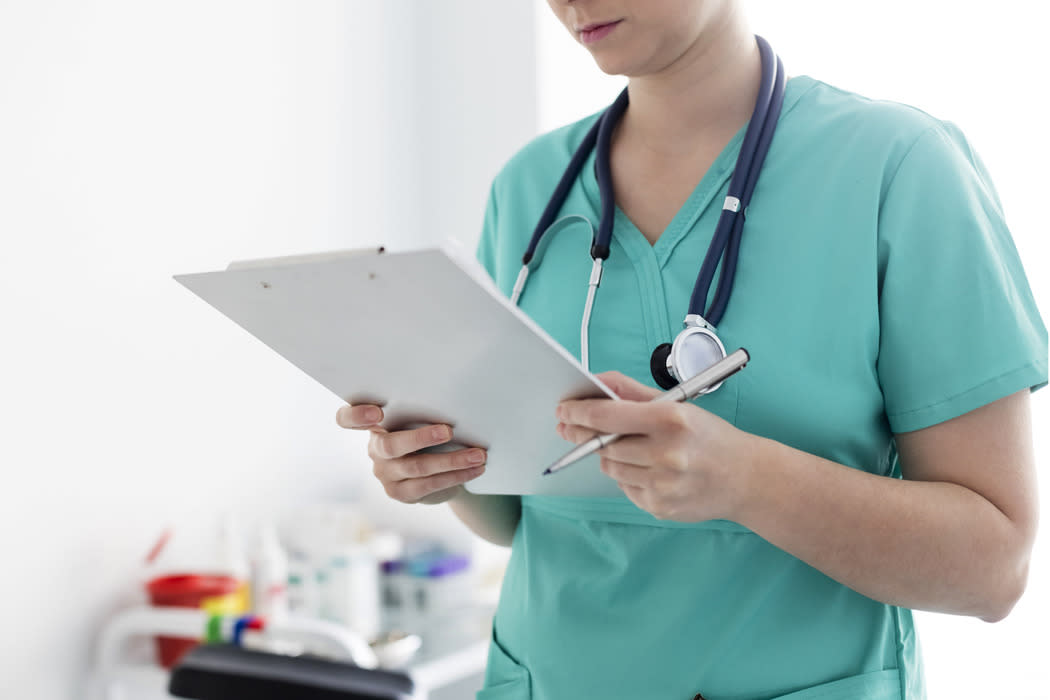These common medical treatments are of little or no use, according to doctors

Doctors have a revealed a long list of treatments that, although commonly used, are of little or no benefit.
In a bid to help patients and medics make correct decisions about care, the Academy of Medical Royal Colleges (AMRC) released the recommendations.
The Choosing Wisely UK campaign comes after 82 per cent of doctors said they had prescribed or carried out a treatment which they knew to be unnecessary.
The AMRC noted that using tap water to clean up cuts and grazes is just as good as a saline solution.
It also said that a plaster cast is not needed for some small wrist fractures in children who may find that a removable splint will help them to heal just as quickly.
Another example is that X-rays do not help to deal with lower back pain if there are no other concerning features.
The AMRC also gives key pointers to patients and doctors on how to treat health-related issues.
Patients should ask about the risks or downsides, the possible side effects, if there simpler or safer options, and “what will happen if I do nothing?”.
The advice also notes that chemotherapy may be used to relieve terminal cancer symptoms but can also be painful, cannot cure the disease and may well bring further distress in the final months of life.
Adrienne Betteley of Macmillan Cancer Support said: “It is vital patients are as well-informed as possible to help them make decisions around their treatment.
MORE: Facebook will no longer censor graphic posts — as long as they’re ‘newsworthy’
MORE: Man kills wife’s sister and dad so he could lure her to funeral service and murder her
"Chemotherapy is a crucial part of cancer treatment, having had an enormous impact on rising survival rates over the years.
“However, it can result in severe side effects therefore, it’s important that health care professionals consider the full impact when delivering something so powerful.
"It’s also important cancer patients are told about potential side effects, be offered a care plan, be told where to get support and know who to speak to about their worries and fears.
"The NHS needs to be equipped to provide this for cancer patients in order to cope with the increasing numbers of people being diagnosed and living with the disease.”
AMRC chairman Professor Dame Sue Bailey said: “We all have a duty to look after resources in healthcare, especially when the NHS is under so much pressure, but that’s not the main motivation for this initiative.
"What’s much more important is that both doctors and patients really question whether the particular treatment is really necessary. Medicine or surgical interventions don’t need to be the only solution offered by a doctor and more certainly doesn’t always mean better”.

 Yahoo News
Yahoo News 
